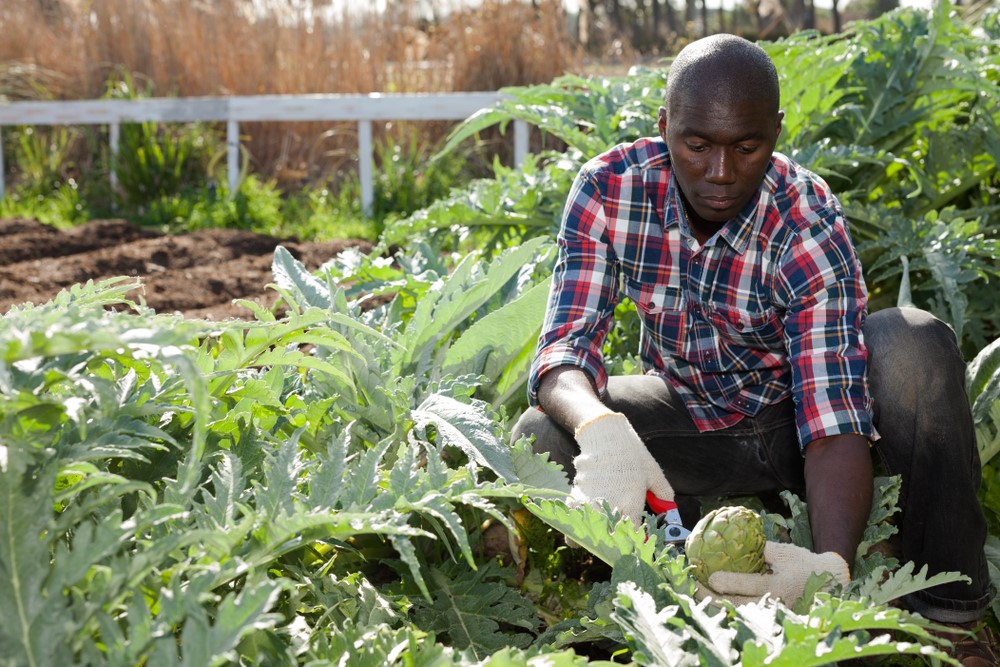Panel members participating in a forum centered on poverty dynamics in Ghana have urged the government to prioritise the implementation of programmes aimed at boosting productivity within small-scale farming, particularly in rural areas across the nation.
They believe that such initiatives are crucial for addressing poverty and enabling households to enhance their living conditions.
The panelists included Prof. Bernardin Senadza from the Department of Economics at the University of Ghana, Dr. Dede W. Gafa, a lecturer at the African School of Economics, Benin Campus, and Louis S. Hodey, a researcher affiliated with the Institute of Development Studies at the University of Sussex in the United Kingdom (UK).
The forum, themed “Poverty Dynamics in Ghana,” was organized in Accra by the Department of Economics at the University of Ghana yesterday.
Prof. Senadza emphasised the need to supplement existing flagship programmes like Planting for Food and Jobs and the National Entrepreneurship and Innovation Initiatives with comprehensive and sustainable rural and infrastructure development initiatives, particularly in the northern regions of Ghana.
He stressed the importance of revising pro-poor policies and programmes to specifically target the most vulnerable groups within the country, including individuals from disadvantaged backgrounds, the unemployed, and those engaged in vulnerable employment, especially those living in rural and northern regions.
Dr. Gafa highlighted the significance of balanced investments to bridge the infrastructure gap between northern and southern Ghana. Such investments would support efforts to promote growth in the agricultural and informal sectors.
He also stressed on the importance of government social spending, which should strike a balance between fiscal sustainability and reaching households below the poverty line.
According to him, rural residents, predominantly involved in traditional farming practises and low-productivity informal sectors, are exposed to various shocks, such as climate-related challenges and job losses.
The panelists collectively emphasised the necessity of targeted measures to boost productivity in small-scale farming, particularly in rural regions of Ghana. They advocated for well-balanced investments in infrastructure and social spending, all aimed at addressing poverty dynamics and improving the livelihoods of vulnerable households.


Comments are closed.